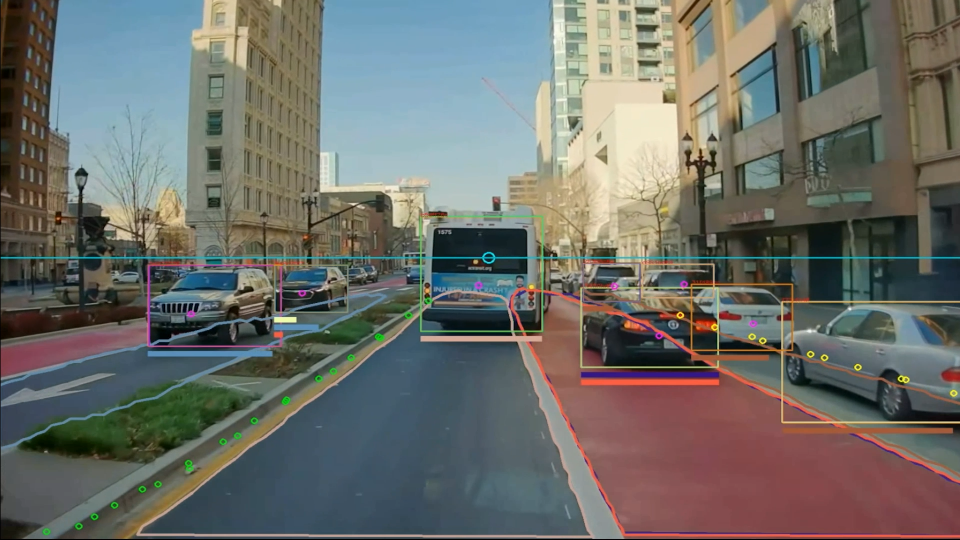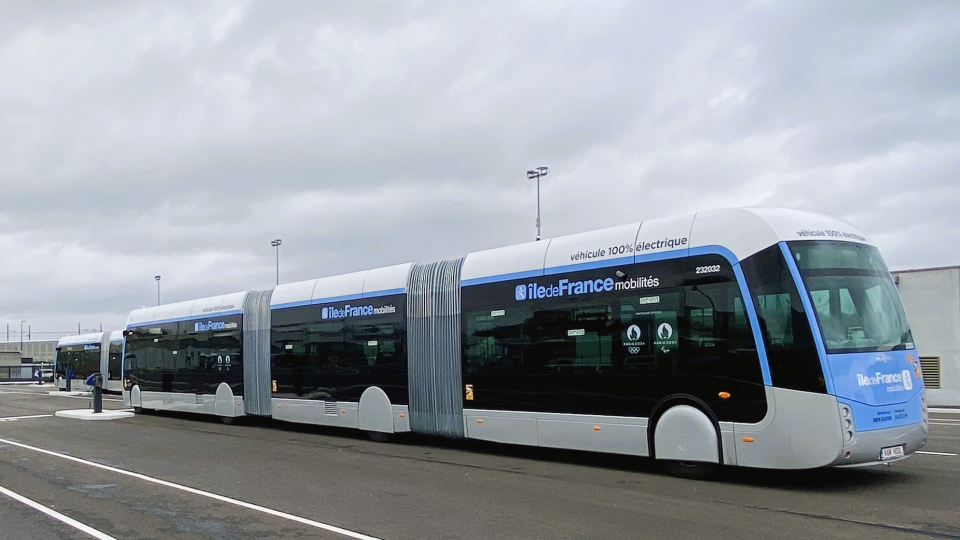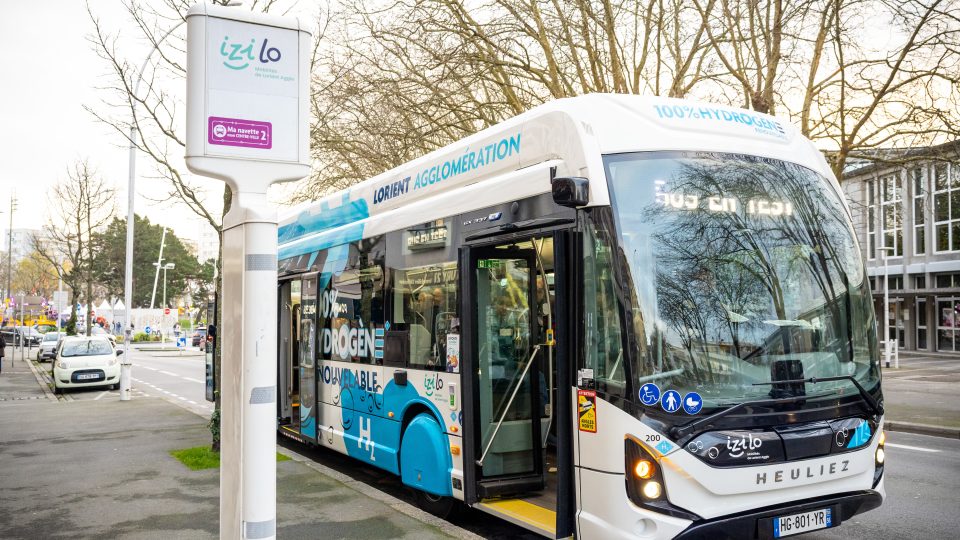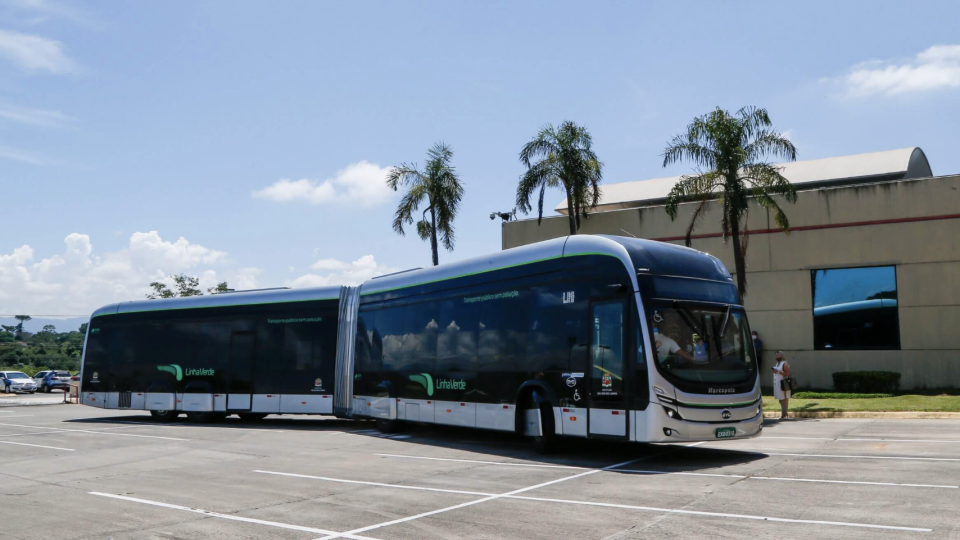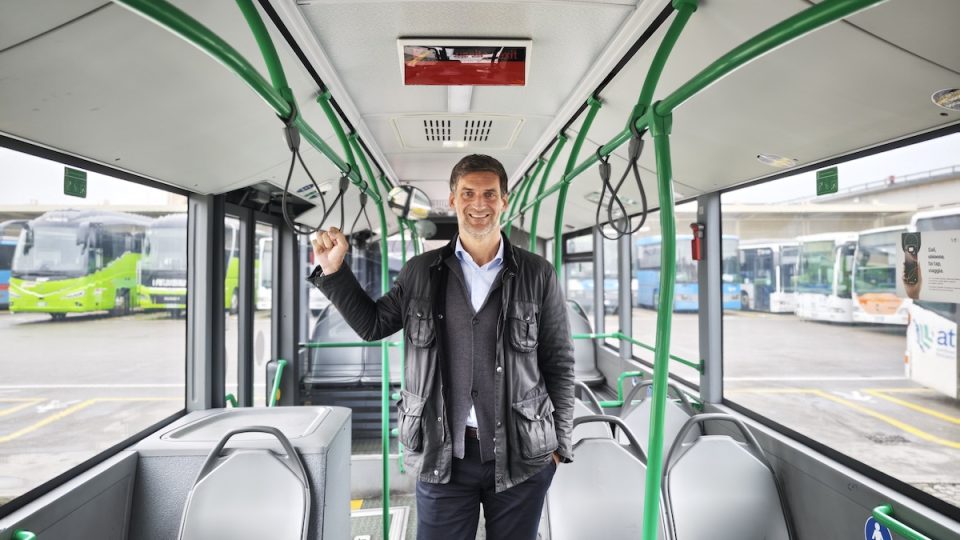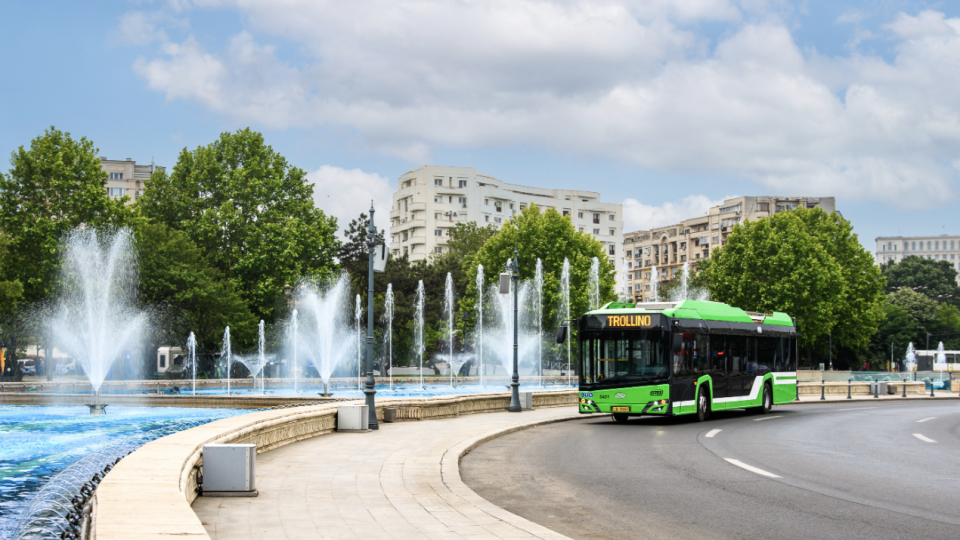Germany, VDV looks for a standard sound for e-buses. Student competition launched by FOAM
The German public transport industry, through the VDV as the industry association, has commissioned the FOAM Institute, which specialises in sound design, to organise a student competition. The aim is to develop, produce and introduce a uniform sound for the Acoustic Vehicle Alerting System (AVAS) for all e-buses in Germany. Students in Germany are called […]
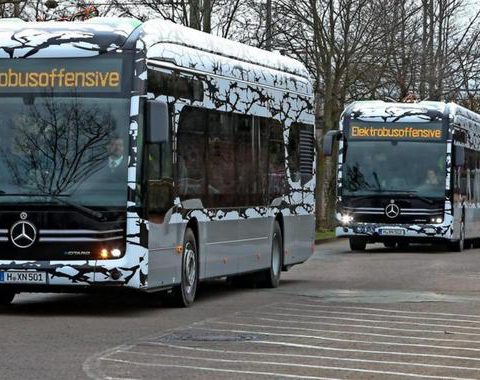
The German public transport industry, through the VDV as the industry association, has commissioned the FOAM Institute, which specialises in sound design, to organise a student competition. The aim is to develop, produce and introduce a uniform sound for the Acoustic Vehicle Alerting System (AVAS) for all e-buses in Germany.
Students in Germany are called upon to participate in the competition and submit creative ideas for the sound of the cities of the future. The winning sound is to be presented at the VDV’s E-bus Conference on 3 March.
We need a characteristic sound for our new buses that can be unmistakably heard outside the vehicles – for example when approaching bus stops – in order to meet the EU requirements. The manufacturers offer initial solutions for this – but we want to go one step further: to set an acoustic standard that is perceived by passengers as pleasant, modern and functional and that meets the necessary safety requirements for noise in road traffic.
VDV Vice-President Werner Overkamp
E-bus sound as a standard in Germany
The EU had prescribed an AVAS for all electric vehicles with a type approval from September 2019 and new vehicles from July 2021. The so-called ECE 138 provides a more detailed definition of the required vehicle noise. These requirements also apply to the new e-bus sound. However, the industry wants more than just a sound that meets the standards in terms of safety. “The sound should also be a trademark with recognition value for the e-buses in Germany,” says Overkamp.
A jury from a wide range of interest groups, with passenger and disabled persons’ associations as well as transport companies and industry will select the winning sound and choose the winners of the “Soundscape” project, which was set up for this purpose, at the VDV’s e-bus conference on 3 March in Berlin.
Professor Sebastian Waschulewski of the FOAM Institute says: “In contrast to the passenger car, the bus industry has not yet taken any in-depth action in sound design to create a sector-specific as well as more pleasant soundscape, also in terms of road safety. Accordingly, there is still no standard sound for e-buses. The VDV approached us with an ambitious sound engineering project to further develop and standardise the existing solutions on the market with a view to the relevant stakeholders.”
The competition was preceded by market research and numerous interviews. The e-bus sound of the future should be as distinctive as possible: “We are talking about a unique acoustic identity for the e-buses, with attributes ranging from environmentally friendly and modern to comfortable and relaxed. It’s about our urban health, safety and a contemporary driving experience,” Waschulewski concludes.
VDV and FOAM for AVAS on e-buses
The winners of the competition can win non-cash prizes with a total value of more than 4,500 euros and have the opportunity to work with experts from the FOAM Institute, the VDV and the VDV Industry Forum in the development and implementation of the new German e-bus soundscape.
VDV Vice-President Werner Overkamp comments: “We need a characteristic sound for our new buses that can be unmistakably heard outside the vehicles – for example when approaching bus stops – in order to meet the EU requirements. The manufacturers offer initial solutions for this – but we want to go one step further: to set an acoustic standard that is perceived by passengers as pleasant, modern and functional and that meets the necessary safety requirements for noise in road traffic. The project can also develop a certain role model function beyond Germany, with a uniform e-bus sound ‘Made in Germany’.”


